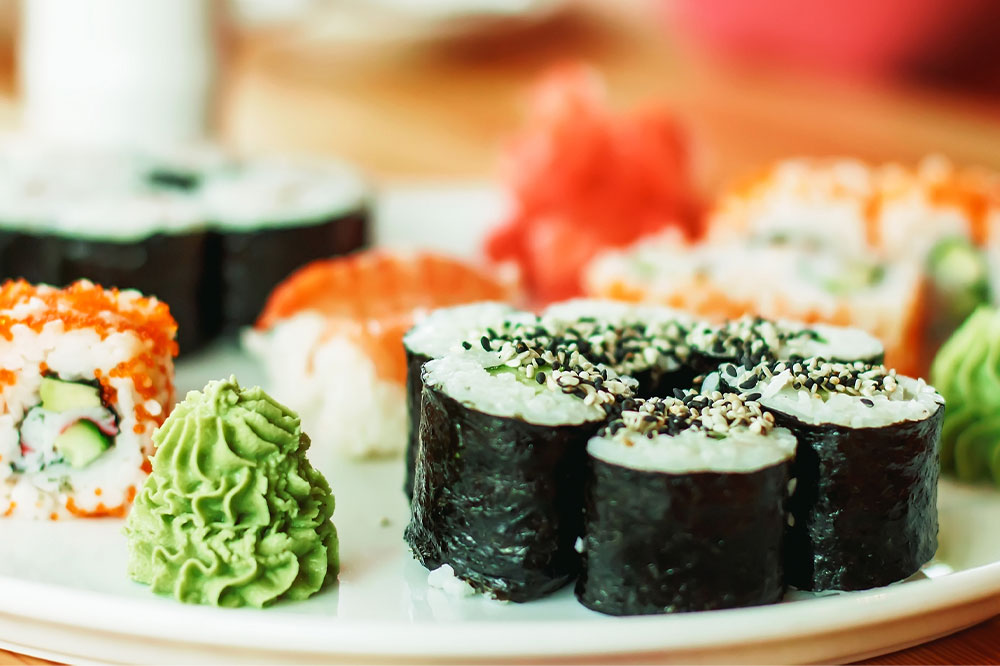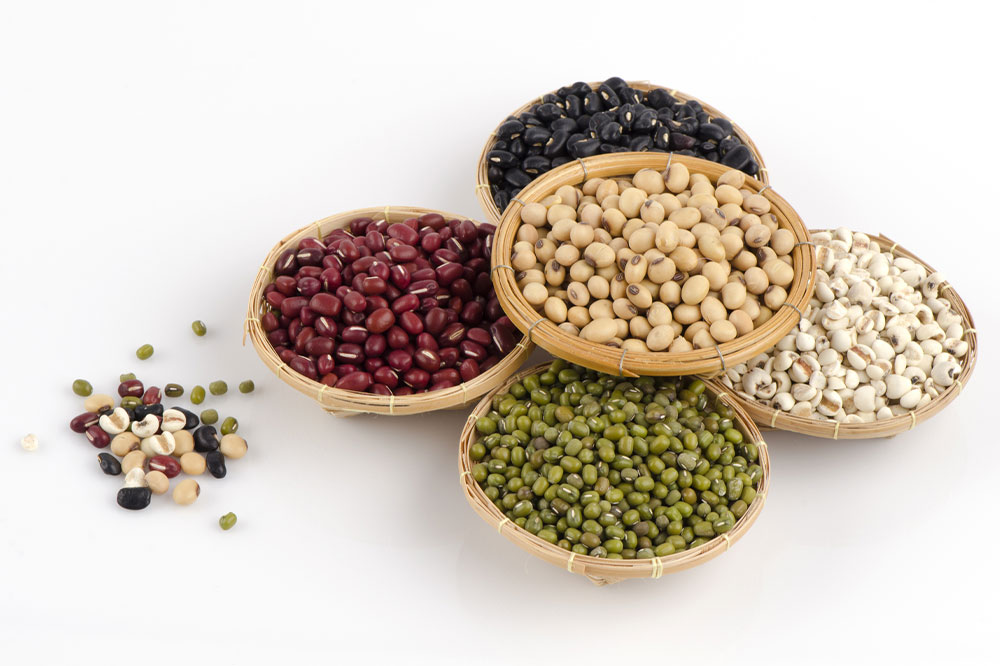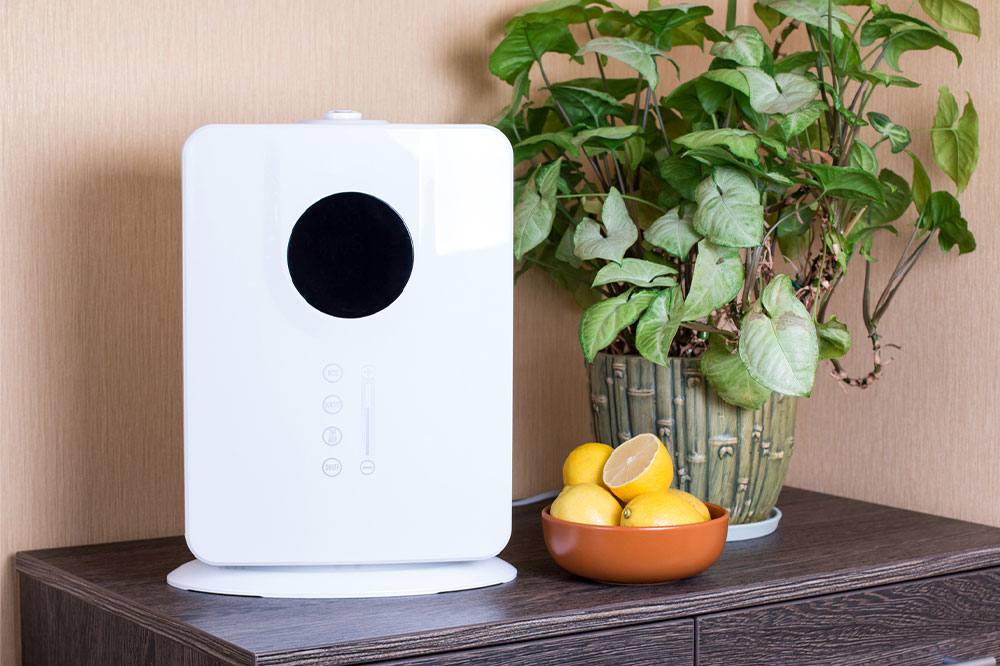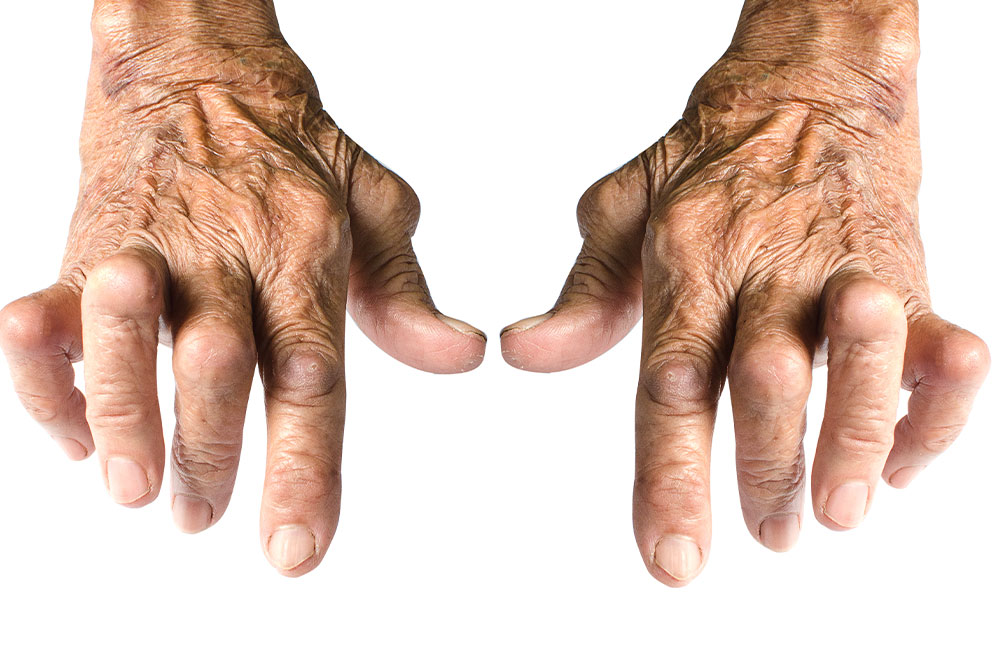Top 7 foods to avoid with multiple myeloma

Also known as a rare type of cancer, multiple myeloma affects the plasma cells. These cells usually produce antibodies called immunoglobulins to fight infections. Multiple myeloma happens when these healthy plasma cells turn abnormal and begin to produce antibodies known as M-proteins. This gives way to a cascade of medical problems that may affect bones, kidneys, and even the body’s ability to produce healthy white blood cells, red blood cells, and platelets.
Multiple myeloma – foods to avoid
A patient with multiple myeloma may find it incredibly difficult to have an appetite. This could either be due to the symptoms of this rare form of blood cancer or as a side effect of the treatment involved. Hence, a few foods can be avoided to alleviate symptoms and discomfort.
Sushi
Cancer causes immense damage to the immune system, so patients are advised to steer clear of foods that may trigger an infection. This includes raw fish dishes such as sushi that can contain food-borne illnesses or bacteria, causing complications in an already immunity-compromised body.
Runny eggs
Eggs are a good source of protein, but undercooked eggs and runny eggs may cause immense problems in patients suffering from multiple myeloma. This can happen due to a compromised immune system that becomes weak and cannot fight pathogens and infections. Furthermore, these dishes may also contain bacteria that could make one sick and worsen the condition’s symptoms, such as nausea.
Oranges
According to statistics, 20-40% of people with multiple myeloma may develop kidney failure to some degree. Hence, patients should limit or remove potassium-rich foods, such as oranges. However, this may depend on the specific nature of the kidney issue experienced by the patient. Additionally, one might also have to limit the consumption of bananas, spinach, zucchini, and peaches, as well.
Cheese
Patients with multiple myeloma are also susceptible to kidney failure. Therefore, it’s recommended to remove the cheese from the food plan. Cheese contains high phosphorus levels, which may compromise kidney function and cause hyperphosphatemia. Furthermore, in chronic kidney problem patients, the kidney cannot remove extra phosphate leading to weaker bones and calcium deposits in other body parts such as lungs, blood vessels, eyes, and heart.
Peanut butter
One of the tastiest spreads often used as a snack, peanut butter is rich in potassium and phosphorus – an excess that is not kidney-friendly. Usually, two tablespoons of peanut butter contain around 200mg of potassium and 115mg of phosphorus. Multiple myeloma can also lead to kidney failure, so patients are advised to limit or avoid peanut butter intake to help maintain a kidney-friendly food plan.
Soda
Aspartame, the widely used sweetener in sodas, has been linked to an increased risk of developing conditions such as multiple myeloma, leukemia, and non-hodgkin’s lymphoma. If one even drinks one soda per day, the risk of developing the abovementioned conditions increases by leaps and bounds. Moreover, regular aspartame consumption can trigger other health complications such as brain tumors, epilepsy, Alzheimer’s disease, and more.
Green tea
Various studies have determined an inverse reaction of green tea supplements with multiple myeloma treatments. The studies have found that green tea extracts block the therapeutic effect of the treatment, often increasing the discomfort of the patients. Moreover, patients are advised to steer clear of any green tea extract-related concentrated products that are freely available in stores.
Conclusion
Multiple myeloma is a rare condition whose symptoms, such as fatigue, vomiting, unexplained fever, confusion, and constipation, often resemble other health conditions. Hence patients are advised to keep an eye out for the symptoms and seek the advice of a healthcare expert at the earliest. This ensures a timely diagnosis of the condition and a treatment plan that works best for the patient and their symptoms.




